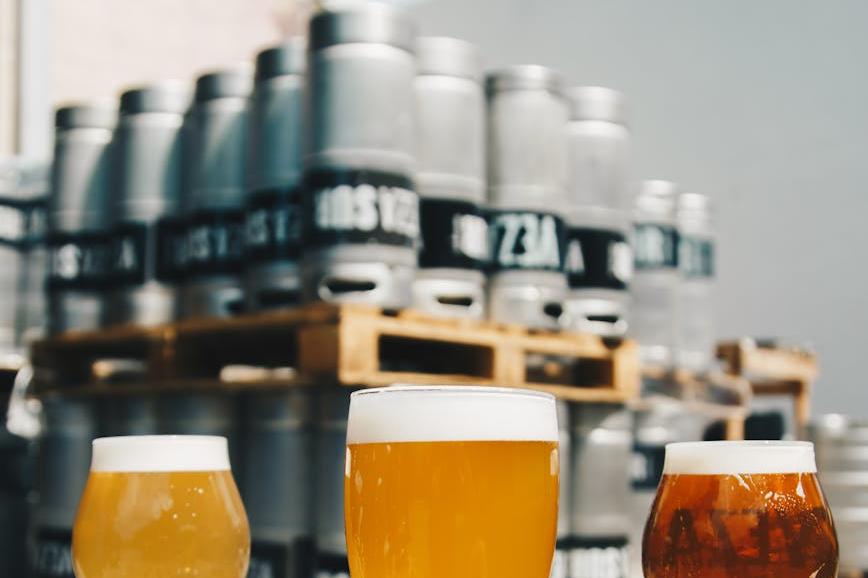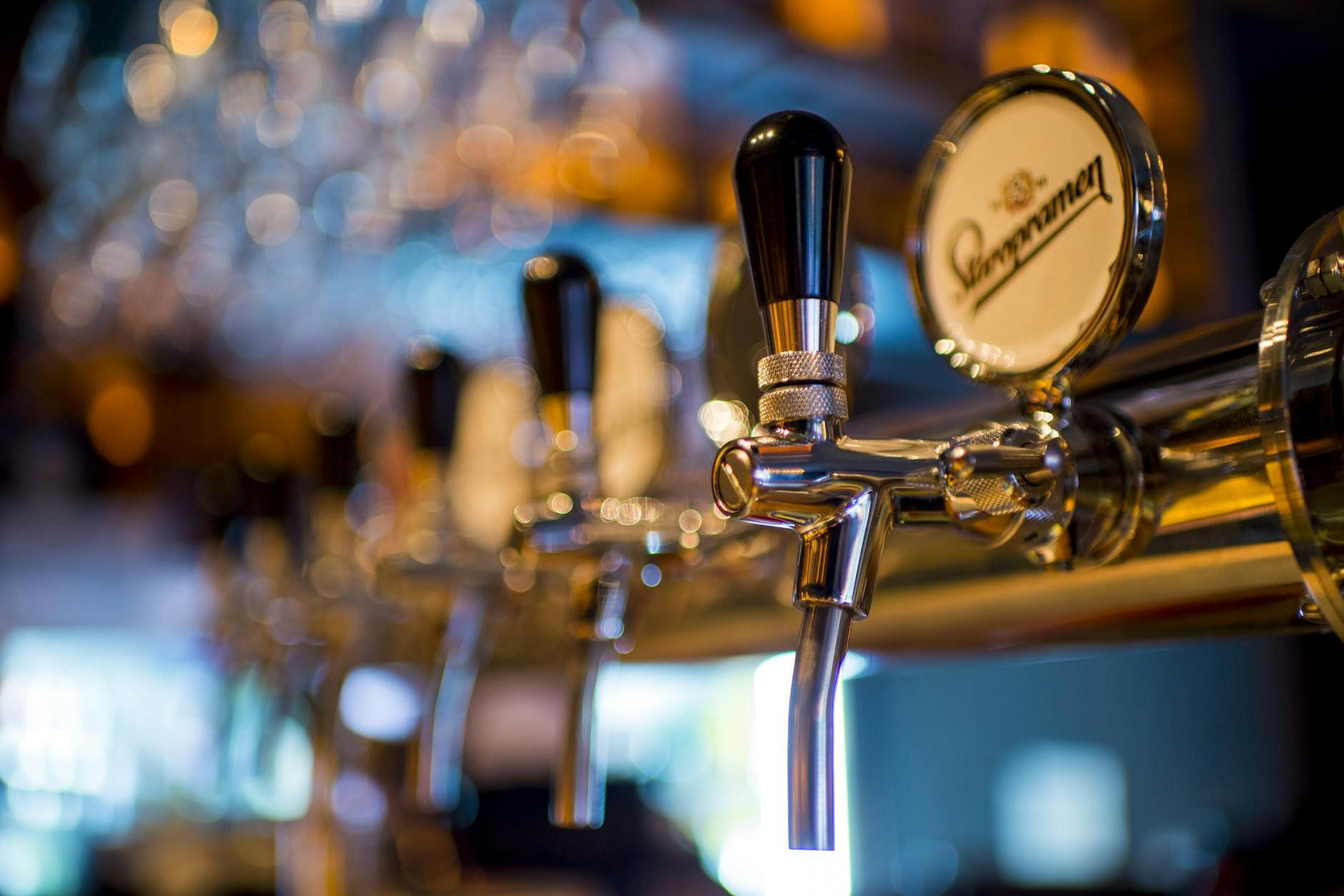- Shanghai Zhongshen International Trade Co., Ltd. - Two decades of trade agency expertise.
- Service Hotline: 139 1787 2118

When German Dark Beer Meets Chinese Customs: A Dialogue Between Taste Buds and Regulations
Last year, an importer friend had a whole container returned at Shenzhen port due to a 0.3% alcohol content labeling error, resulting in a direct loss of ¥370,000. Such stories unfold daily at ports. As a veteran customs declarer with 20 years of experience, today Ill walk you through the complete beer import customs clearance process to uncover those devilish details hidden in declaration forms.
Three Essential Passes to Prepare Before Importing
- Food Circulation Permit: Note that 2025 new regulations require importers to complete HACCP certification
- Food import record filing: Submit on the General Administration of Customs website 30 working days in advance
- Alcohol business license: Some regions require storage temperature monitoring records
Seven-Step Customs Clearance Breakdown (Taking Qingdao Port as an example)
| Stage | Time window | Key Documents |
|---|---|---|
| Before Goods Arrival | 15 days in advance | It is recommended to verify through the following methods:, Health Certificate |
| Declaration Inspection | 1 - 3 working days | Component Test Report (special attention to hop content) |
| Tax Payment and Cargo Pickup | 0.5 working day | special VAT payment certificate |
Five Blood-and-Tears Lessons Newcomers Must Read
- Label Review Blind Spots: A batch of Belgian white beer was destroyed for failing to label contains sulfur dioxide
- HS Code Declaration Misunderstandings330ml cans and 500ml bottles may apply different HS codes
- Shelf Life TrapProducts with remaining shelf life less than 1/3 will be prohibited from entry
- Transport temperature out of controlSummerMaritime TransportationMust be equipped with cold chain monitoring equipment
- Intellectual property disputesA popular craft beer brand was detained by customs due to unregistered trademark
Analysis of customs clearance time efficiency and fee structure
According to our latest 2025 case database, the composition of regular customs clearance fees:
- Tariff: 14% (MFN rate)
- VAT: 13%
- Consumption tax: Specific rate of 0.5 yuan/liter
- Agency service fee: Typically 1.2-2% of goods value
Special reminder: EU-produced beer requires carbon footprint certification since October 2024, with approximately 20 working days processing time for this document
Seven frequently asked soul-searching questions from clients
- Q: Can small trial orders use express channels?
A: Shipments exceeding 12 bottles per batch must use general trade - Q: How to handle near-expiration beer?
A: Can apply for processing trade to convert into beer ingredients - Q: Can Chinese back labels be affixed after arrival at port?
A: Must be implemented at designated supervision sites with 40% additional cost
Remember handling a shipment of Dutch abbey beer in 2018 where handwritten production dates by monks were questioned by customs. Verification was eventually completed through real-time video monitoring with the abbey. This case tells us:In the romantic beer import industry, rigor is the best passport.
Related Recommendations
Category case
Get in Touch
Email: service@sh-zhongshen.com
Related Recommendations
Contact via WeChat

? 2025. All Rights Reserved. Shanghai ICP No. 2023007705-2  PSB Record: Shanghai No.31011502009912
PSB Record: Shanghai No.31011502009912









